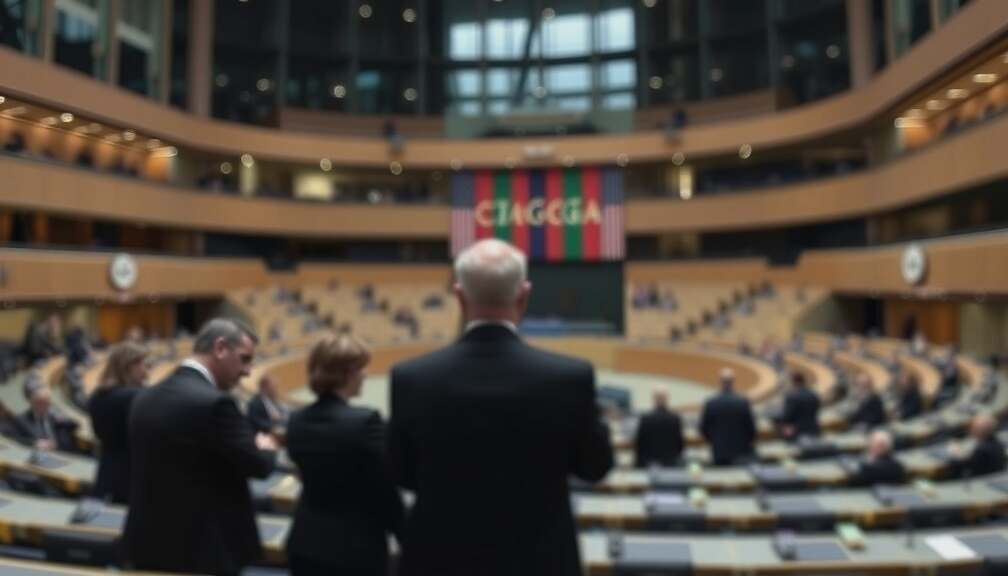Following the recent summit in Alaska between US President Donald Trump and Russian President Vladimir Putin, a range of reactions have emerged from German political observers.
Jürgen Hardt, foreign policy spokesperson for the CDU/CSU parliamentary group, defended European support for the meeting, stating that despite limited concrete agreements, the summit served a purpose. He argued that denying Putin a platform would have been counterproductive, given the need to explore all avenues for ending the conflict in Ukraine. Hardt believes Putin left the meeting without any concessions and continues to face potential secondary sanctions, concluding the situation hasn’t worsened as a result.
However, Roderich Kiesewetter, also a CDU foreign policy expert, sharply disagreed. He characterized the summit as a negative development for Ukraine and Europe, alleging that negotiations occurred “over our heads” and that Russia was rewarded for its actions. Kiesewetter criticized the failure to implement previously announced measures, such as a potential ceasefire or increased sanctions and argued that Trump once again elevated Putin’s standing. He urged increased investment in European defense capabilities.
Lea Reisner, spokesperson for international relations for the Left Party, warned against allowing Ukraine to become a bargaining chip in geopolitical deals. She emphasized the importance of engaging China in efforts to pressure Russia, stating that without Beijing’s involvement, any peace appeals will be ineffective. Reisner also criticized the perceived disparity in treatment between Ukrainian President Zelenskyy and Putin, suggesting the summit prioritized power dynamics over genuine peace efforts.
Stefan Meister, a Russia expert at the German Council on Foreign Relations, described the outcome of the summit as a “low point in US diplomacy”. He asserted that Putin gained time to pursue his war objectives without facing meaningful consequences from Trump and that the Russian leader was able to disseminate his narrative regarding the conflict unchallenged. Meister believes the summit legitimized Putin’s actions and failed to bring any progress toward a ceasefire.












